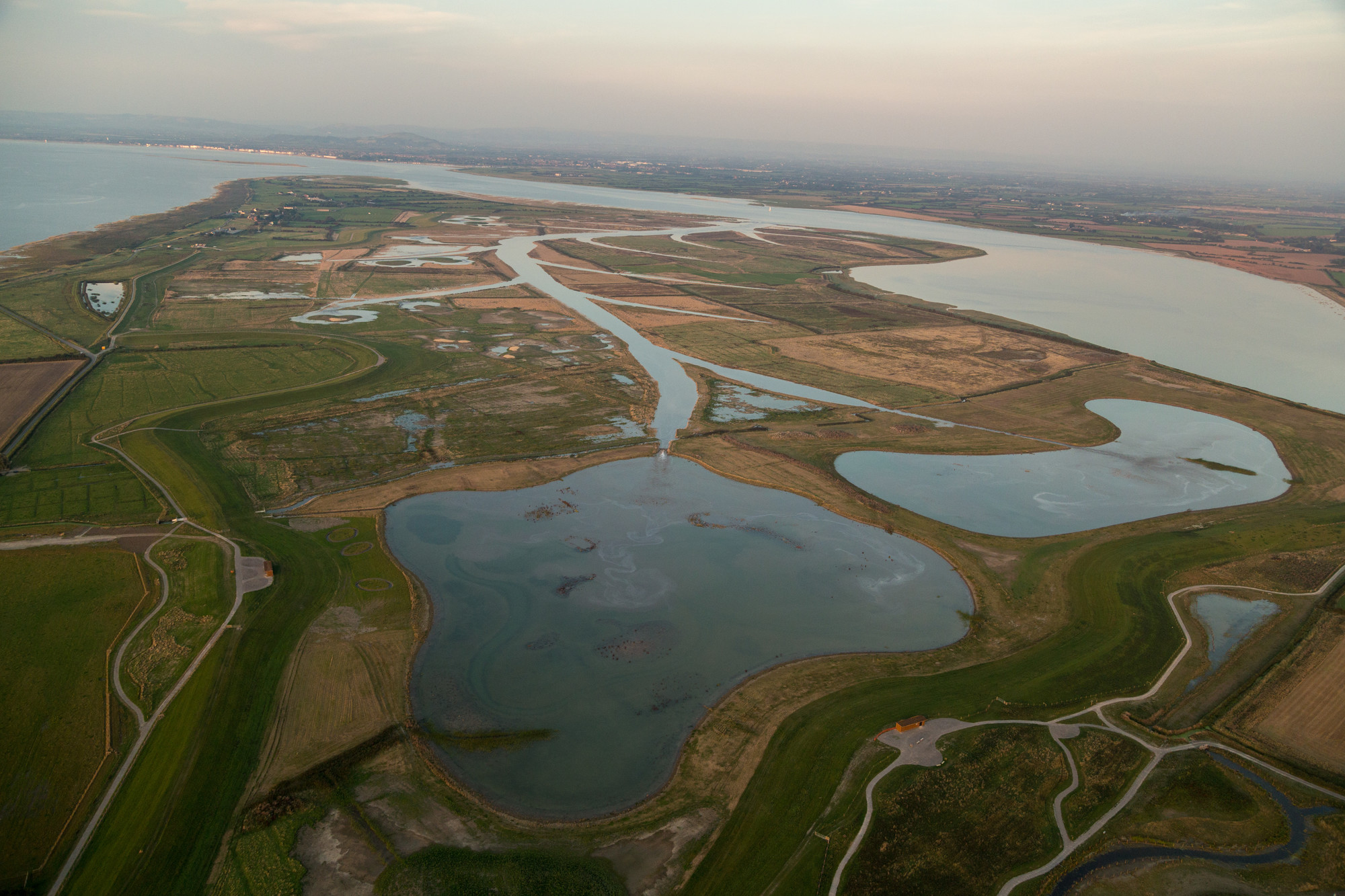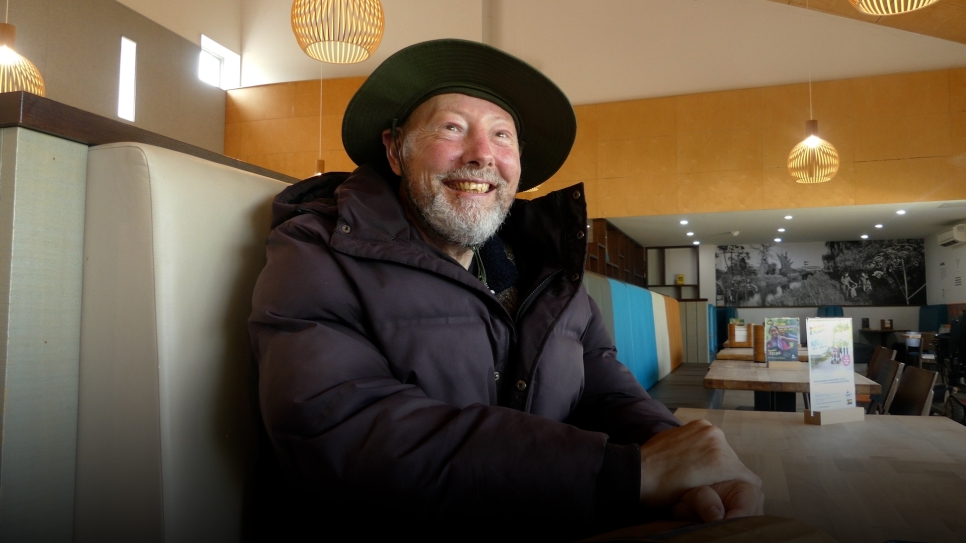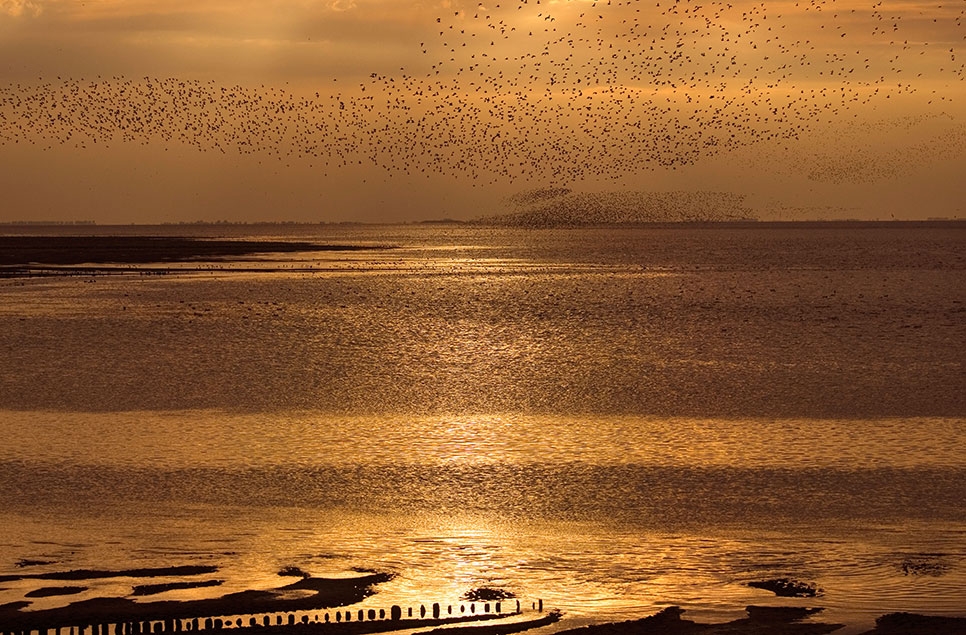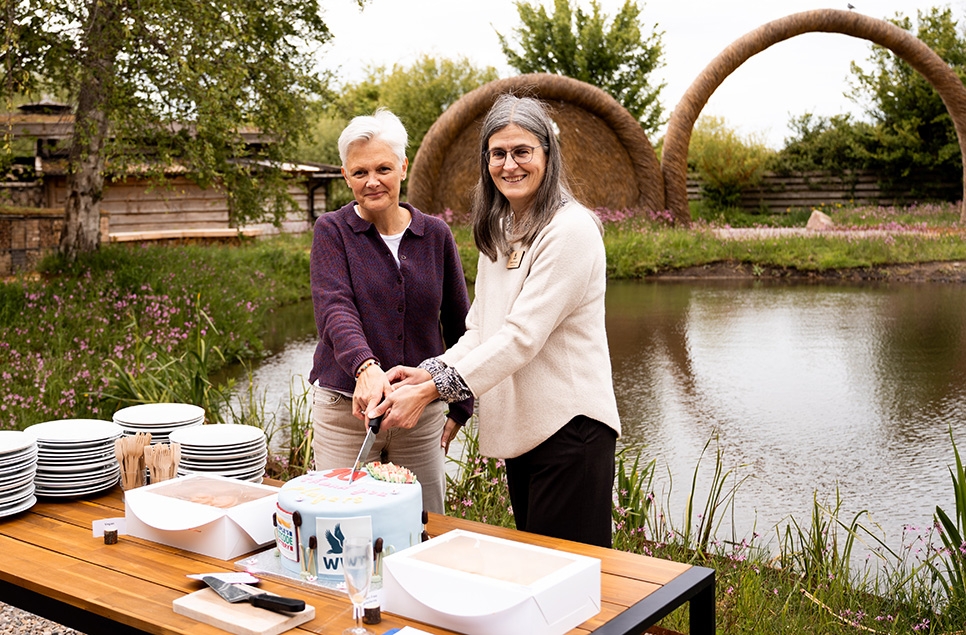"We have to relate" says WWT Chief Exec

People are both the biggest challenge and the biggest solution for the world’s wetlands, according to WWT’s Chief Executive Martin Spray CBE.
Speaking at the Castle Debate on Working Wetlands – part of a series of environmental debates held at the RICS in Westminster – Martin told the audience of policy officials and researchers:
I can’t remember an election where the environment has been on the agenda. We’ve got a big job to do.
We have to relate to people. We have to speak their language. Conservation science won’t win the war on its own.
Martin also used the occasion to showpiece how people are coming together to protect natural wetlands upon which they and their wildlife rely for drinking water, food, shelter and protection from floods, pollution and drought.

He referred to some of WWT’s projects around the world, working with communities in Laos, Cambodia and Sri Lanka. And he singled out Madagascar where attempts to save the world’s rarest duck have led to fewer pesticides and greater rice yields for local people.
Martin also highlighted some of WWT’s UK work, including helping 10 schools in North London to improve water quality for the local stream that unites them, and creating an entirely new 400ha wetland at Steart Marshes in Somerset to help reduce flooding and create habitat for wildlife to live and people to enjoy.
The other speakers were Charlie Standford from the Centre for Ecology & Hydrology, who showed how a wetland creation project in Oxfordshire has reduced peak flood flows by 50%. Also Miles King from People Need Nature, who challenged the idea that the services provided by wetlands could be monetised, saying “we don’t pay for them so it’s more like slavery than servitude”.



